

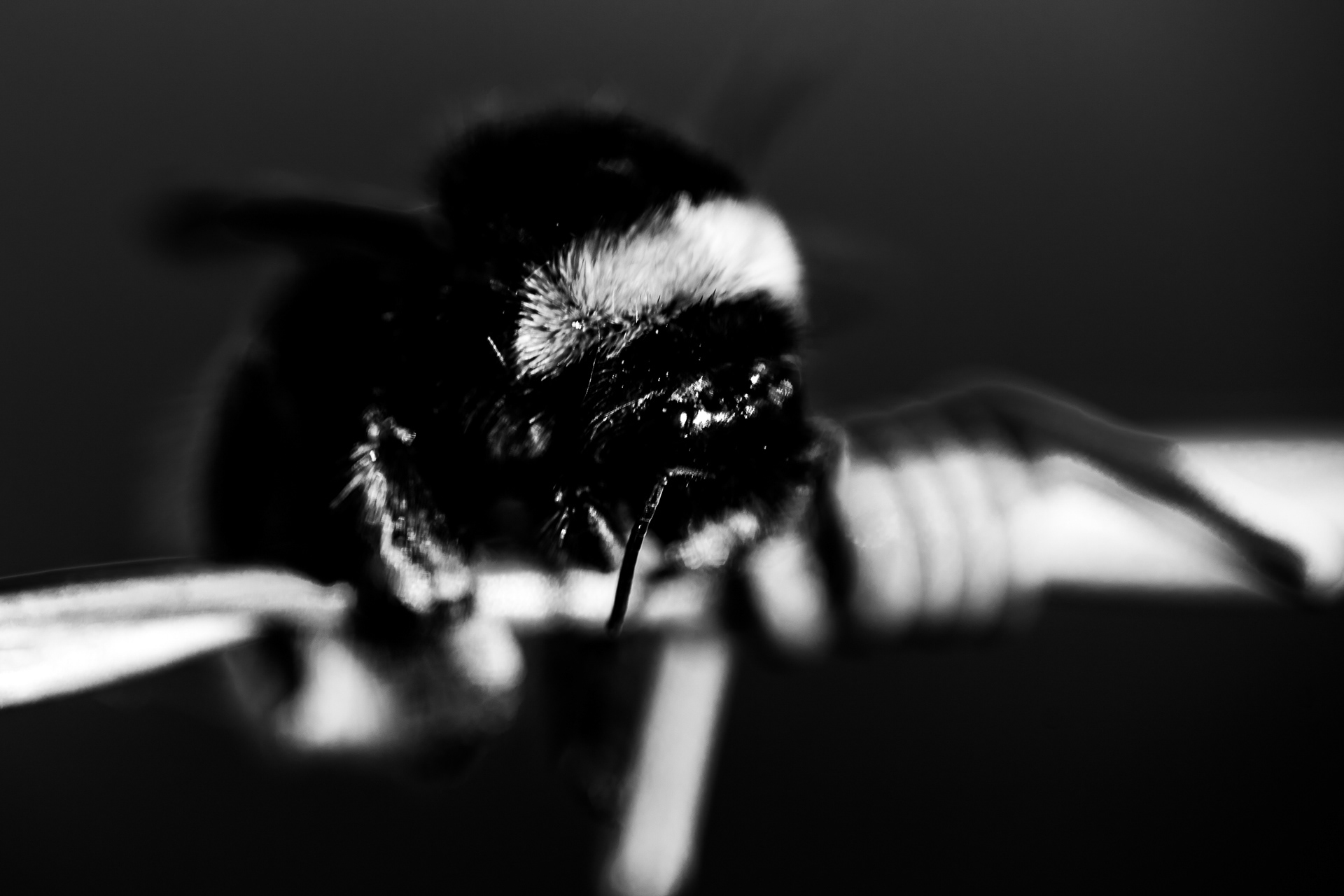









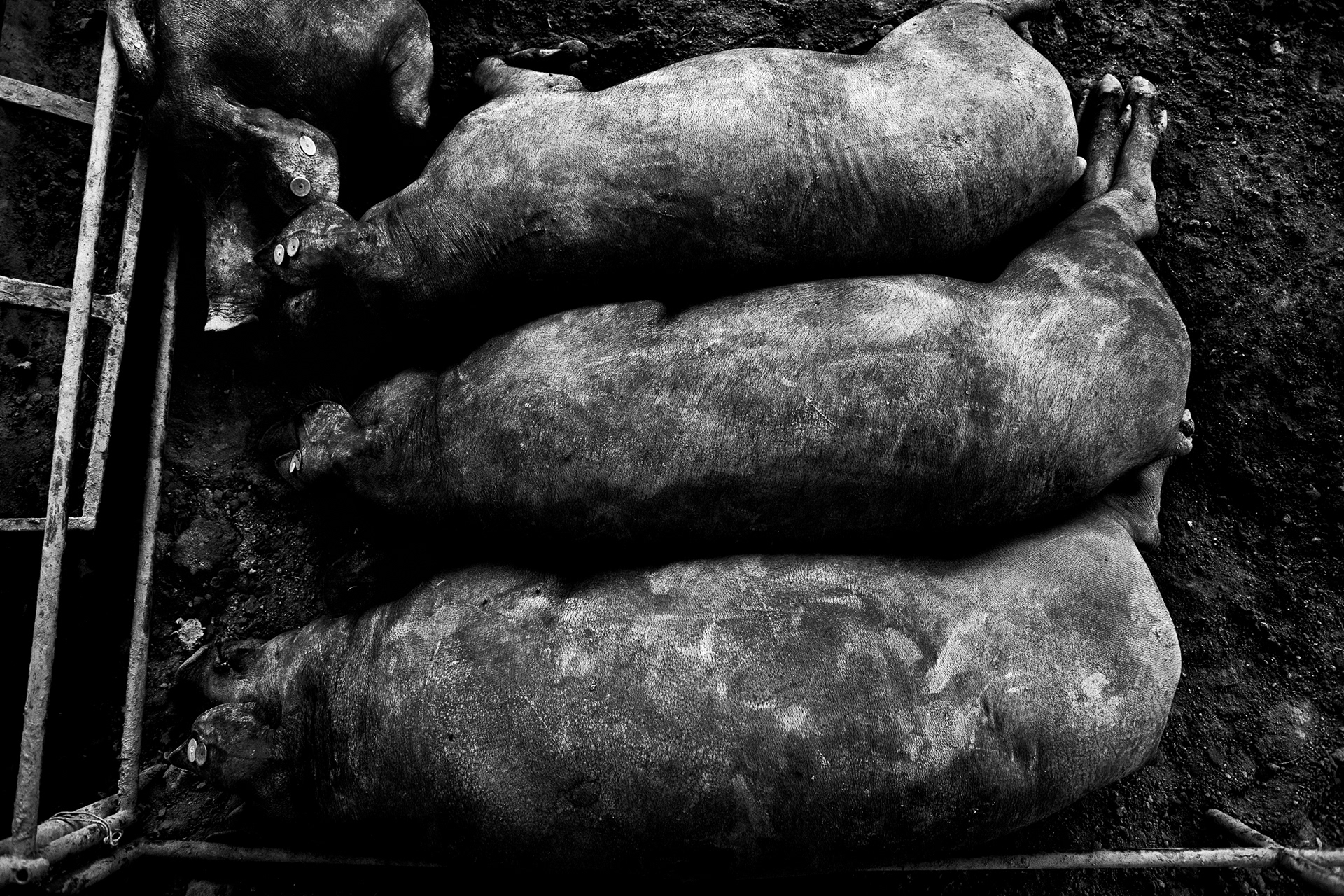
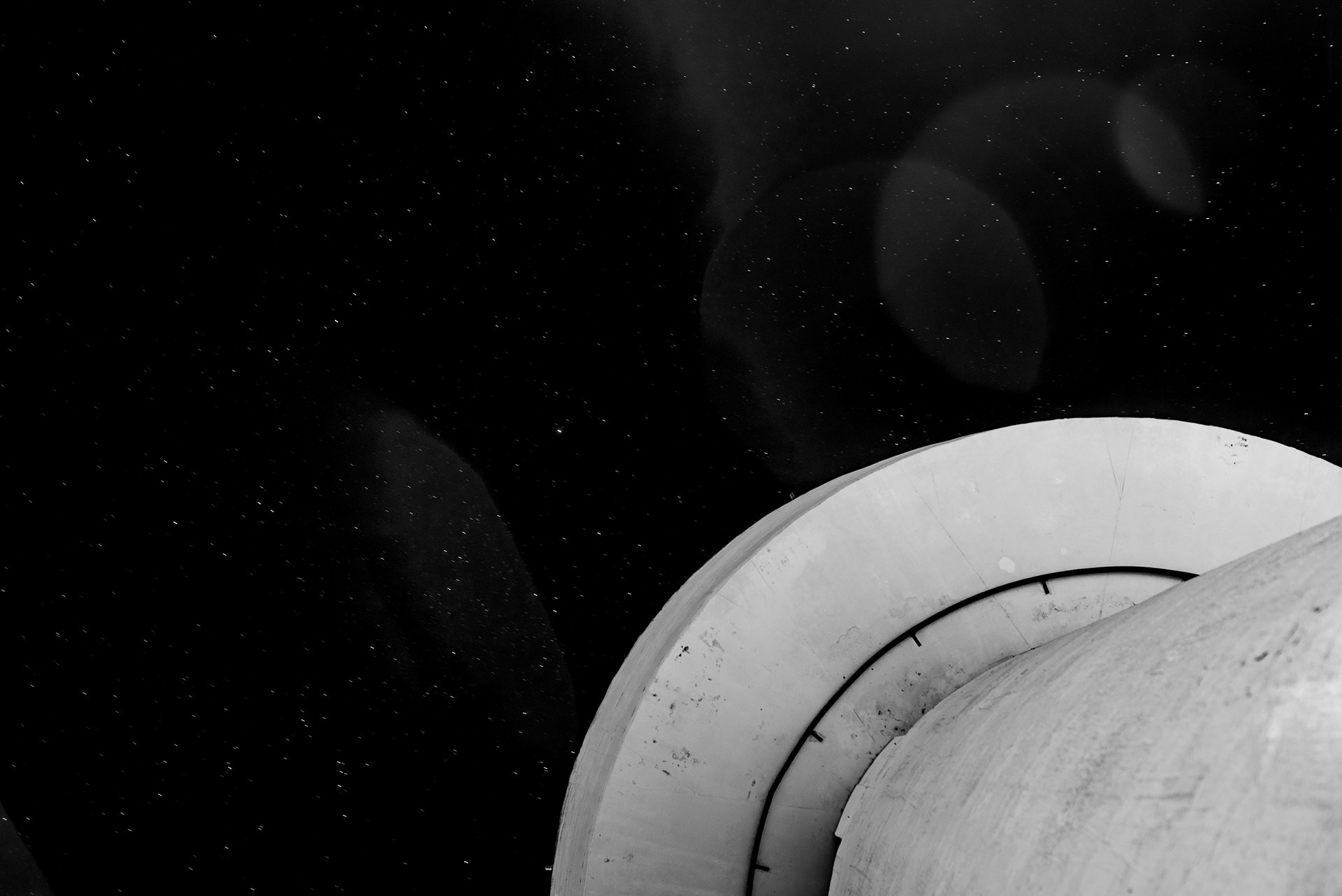





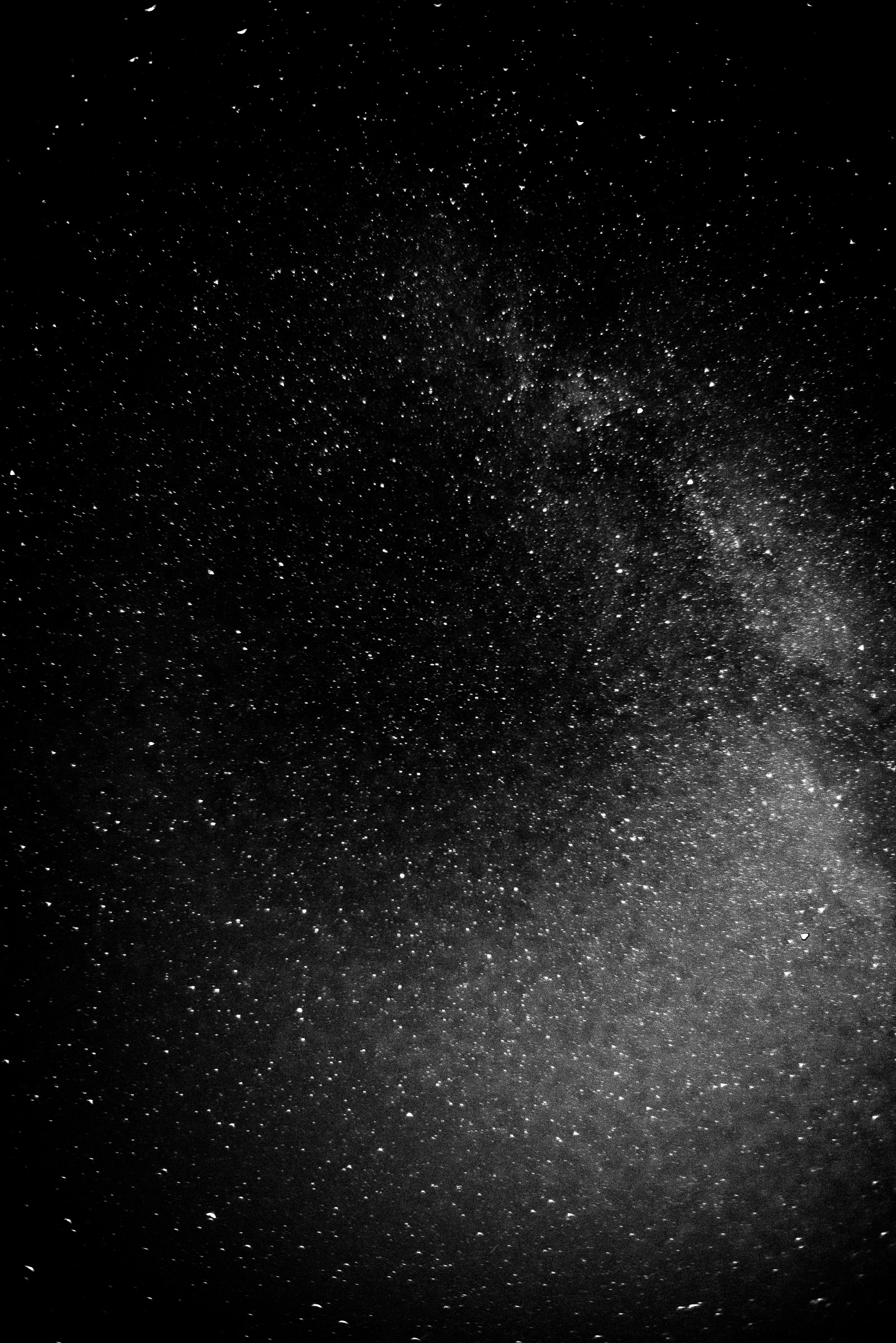


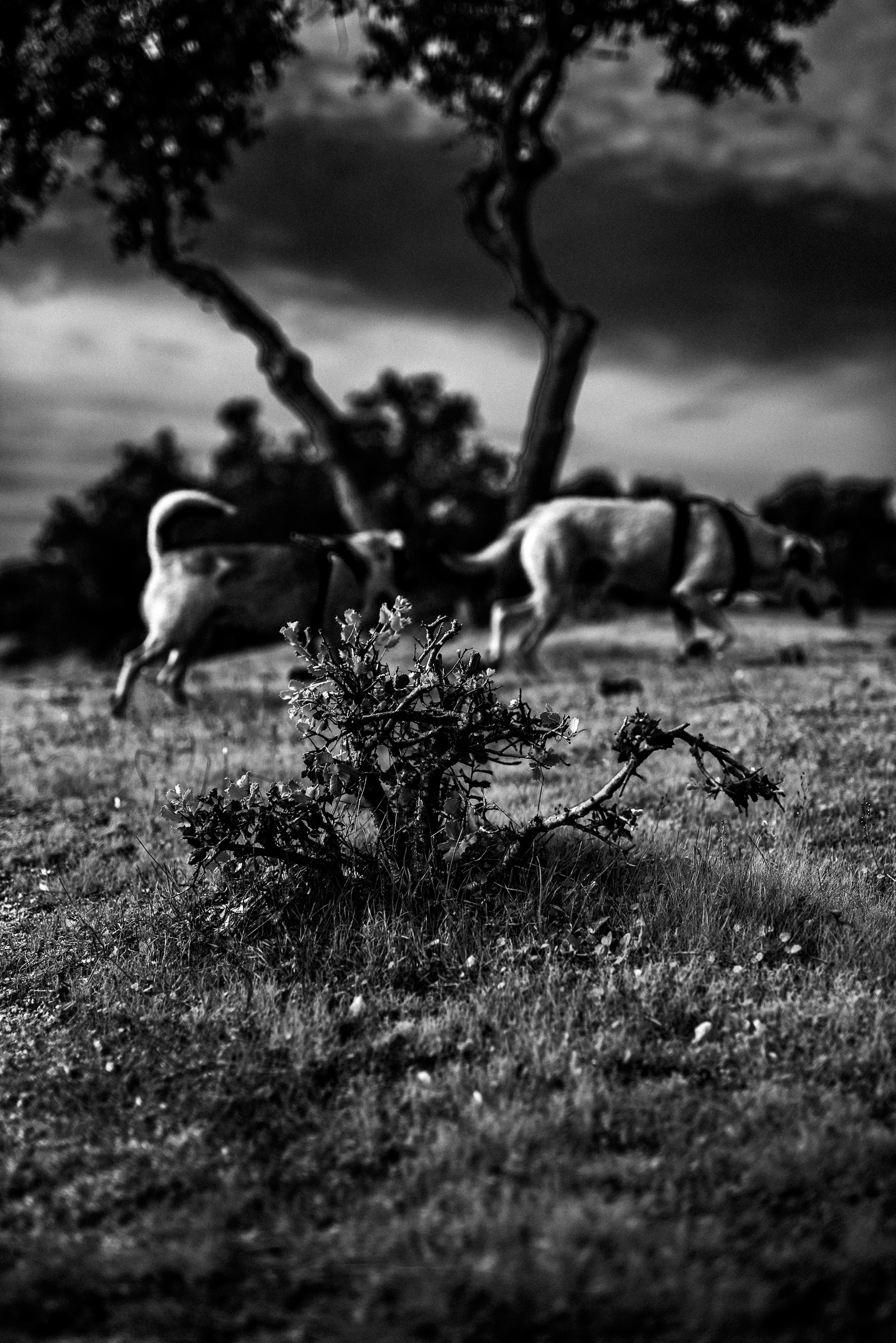

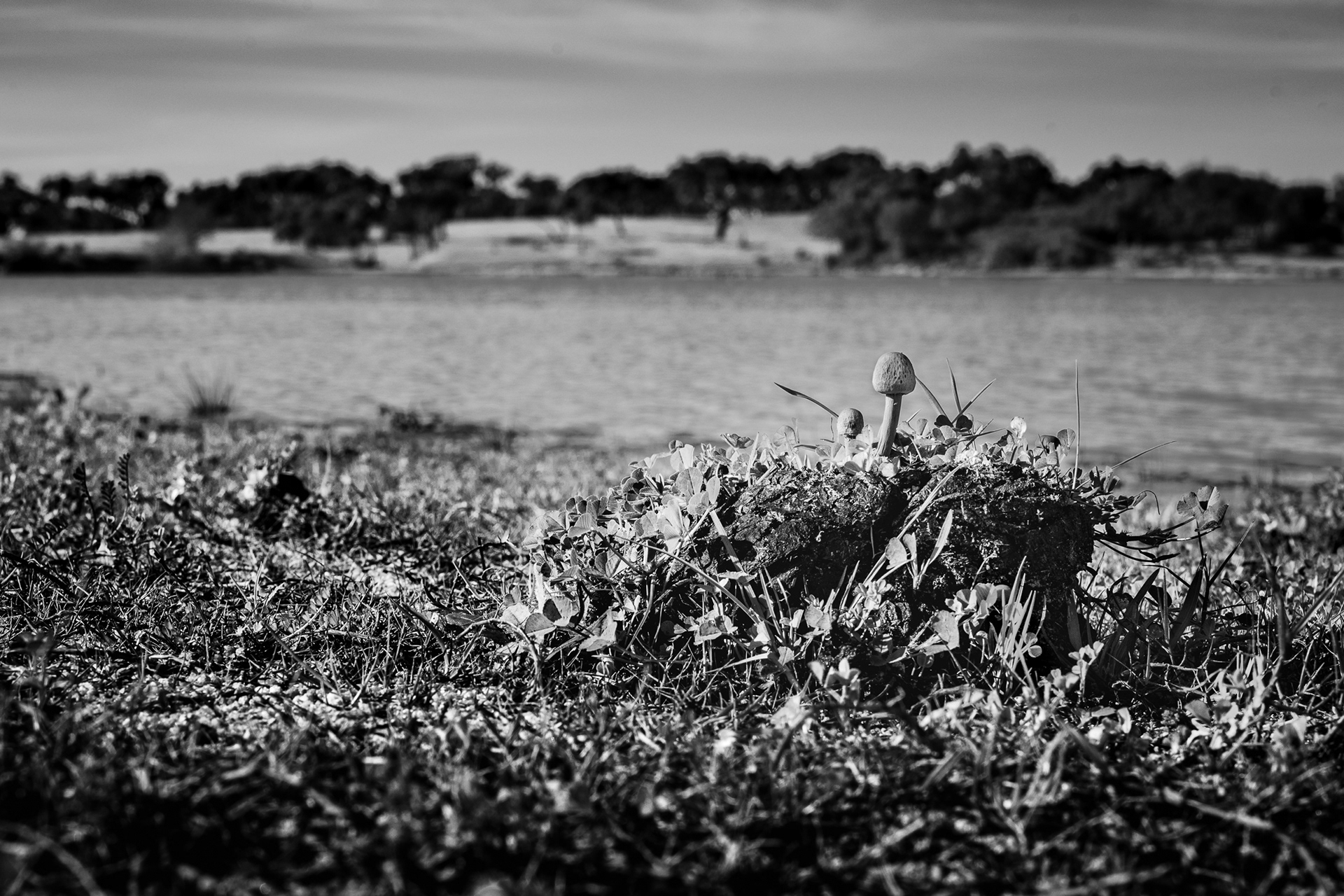
The collision between Earth and the protoplanet Theia, approximately 4.5 billion years ago, profoundly shaped the development of life on Earth.
The impact increased Earth’s angular momentum, accelerating its rotation. Days were much shorter immediately after the collision, possibly lasting only 6–8 hours. Over time, the Moon’s gravitational interaction has slowed Earth’s rotation, lengthening the day and stabilizing the planet’s axial tilt. This helped create predictable seasons, crucial for the evolution of complex ecosystems.
Earth’s new satellite was responsible for stronger tides than we have now. These would range to a few kilometers due to the Moon’s closer proximity, promoting the mixing of nutrients in coastal waters. Such a dynamic environment may have been crucial in facilitating the chemical reactions and energy flows necessary for the evolution of early life.